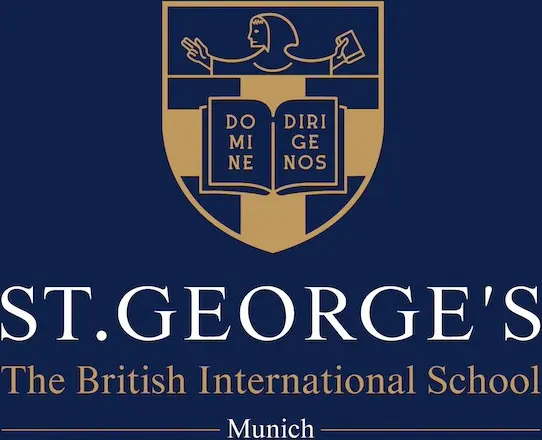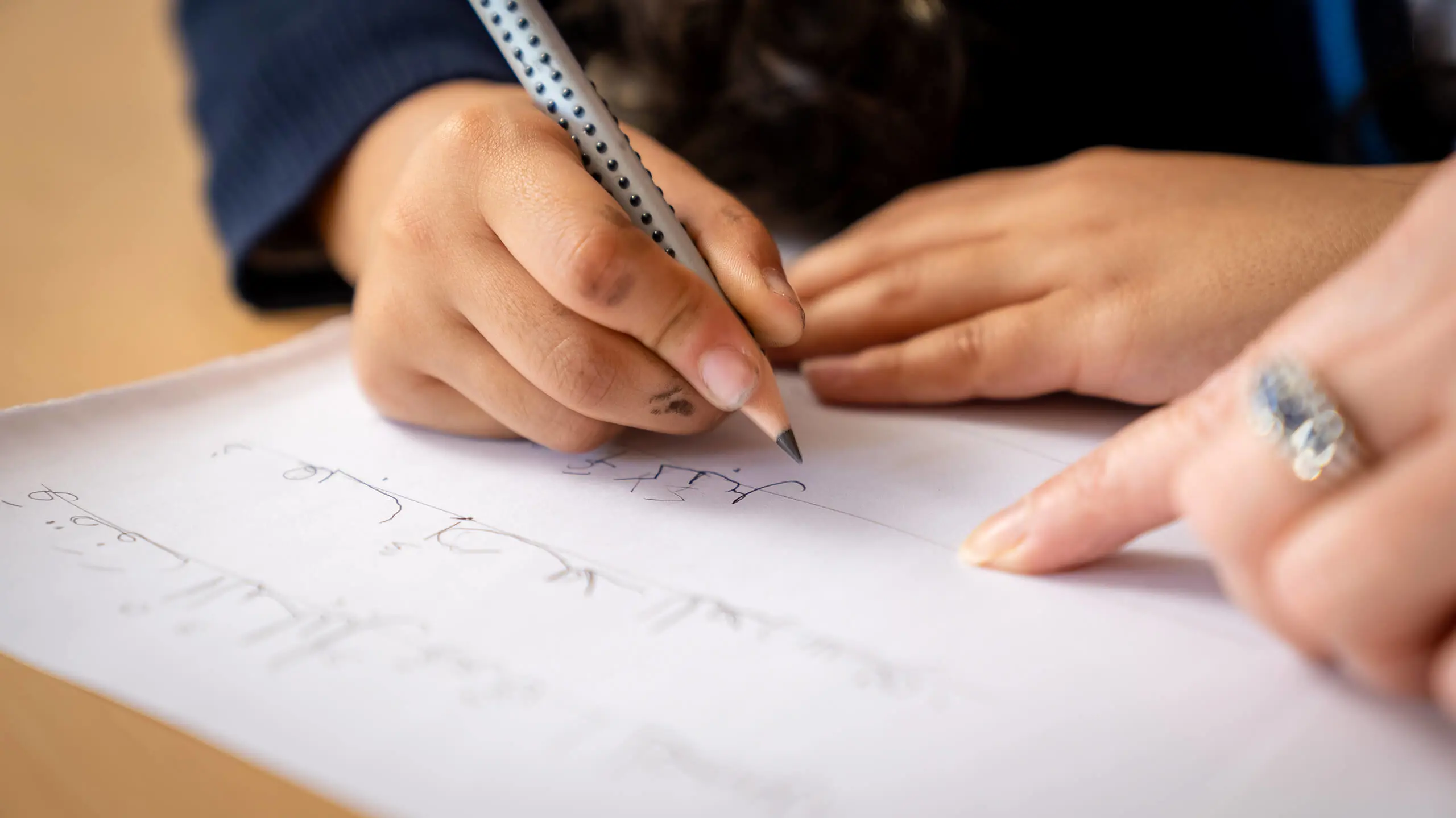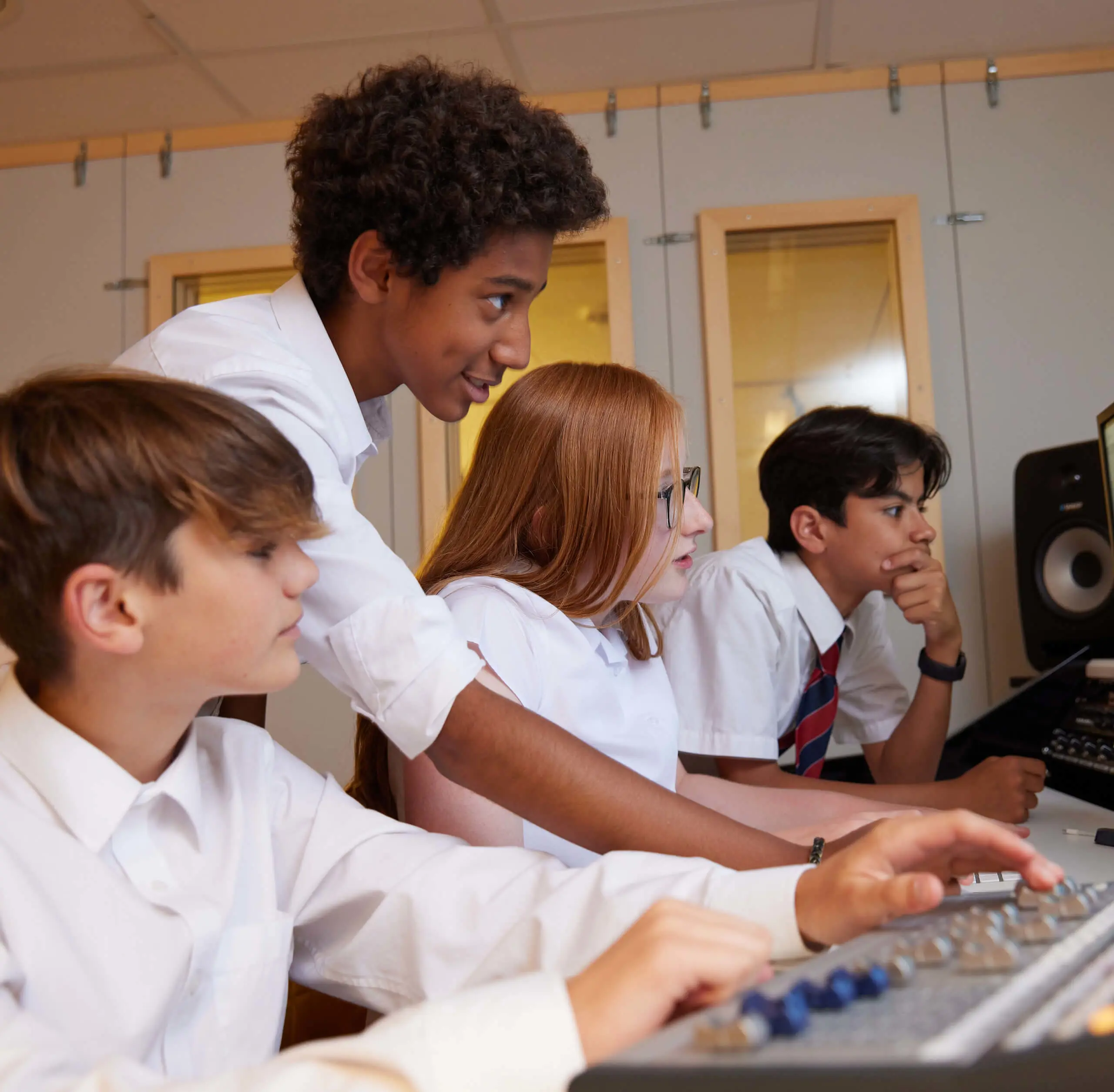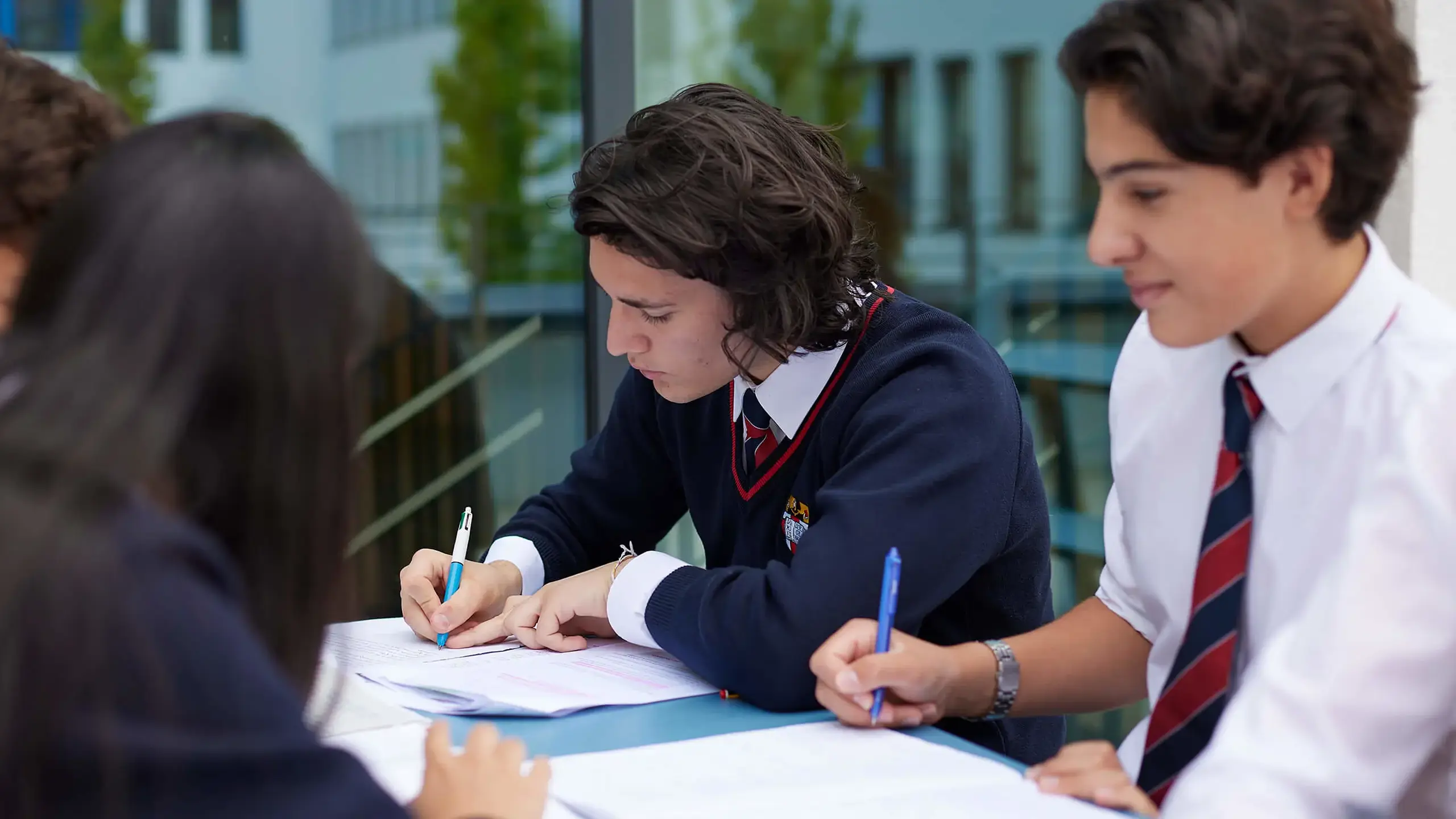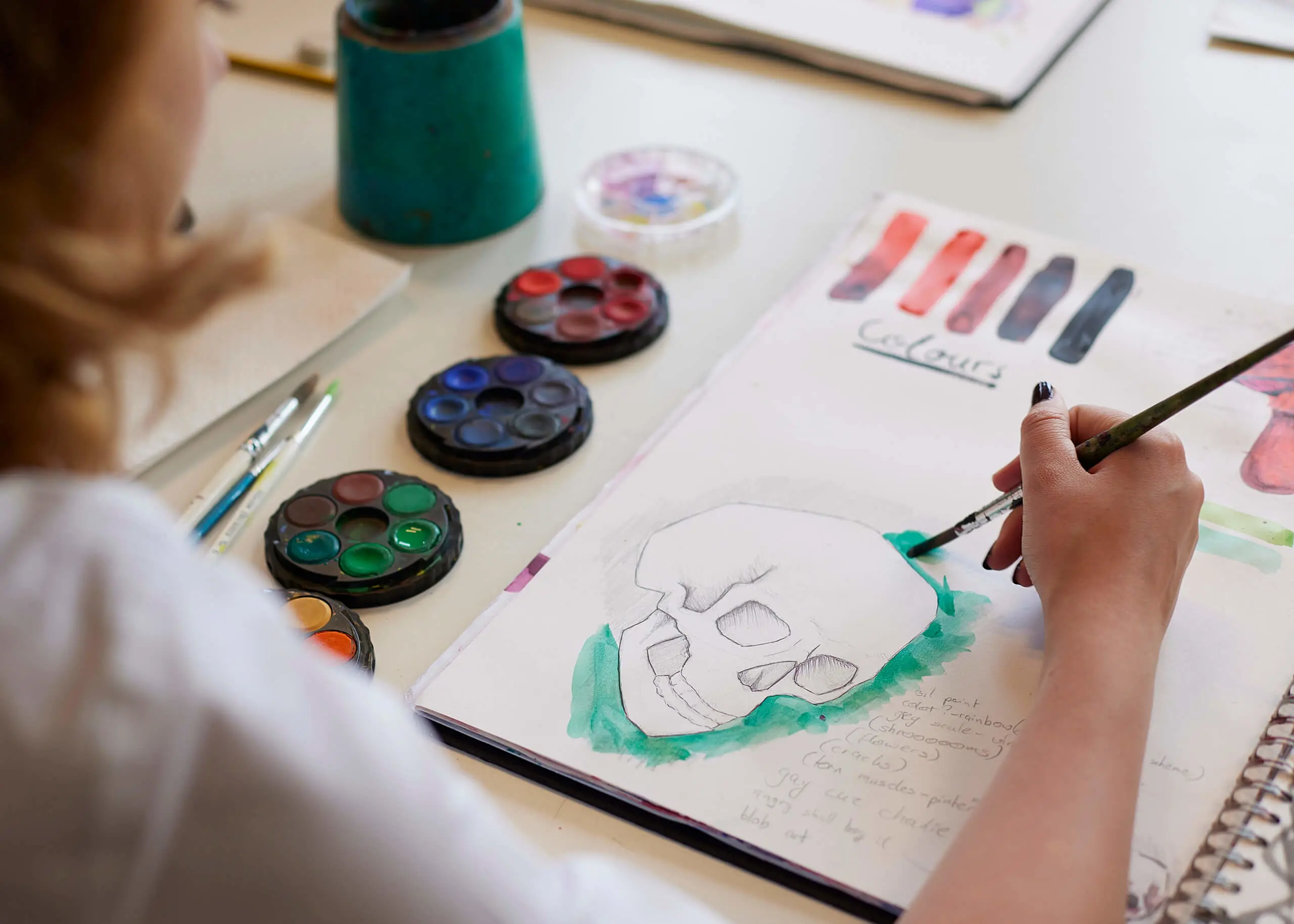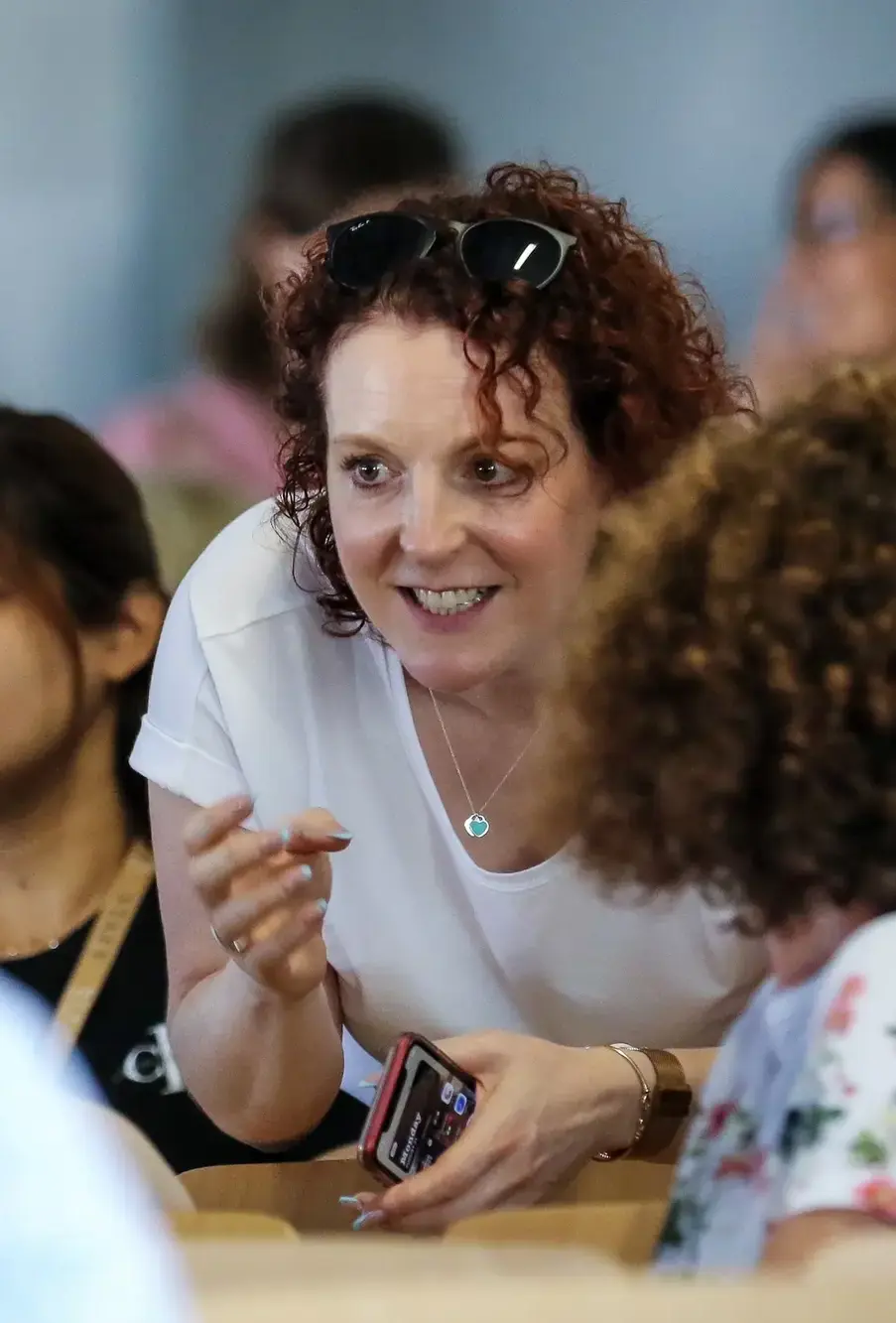Empowering futures.
The International General Certificate of Secondary Education (IGCSE) is a globally recognised qualification, that covers a wide range of subjects, including languages, sciences, humanities, and arts. It is offered by the Cambridge Assessment International Education (CAIE), a part of the University of Cambridge.
In the Upper Secondary / IGCSE, covering Years 10 and 11, our curriculum aligns with the Cambridge IGCSE examination standards. It is designed to be rigorous and comprehensive, providing students with a solid foundation in various disciplines. The two-year course emphasizes critical thinking, problem-solving, and the application of knowledge rather than rote memorisation. The IGCSE serves as an important milestone in our student's academic journey, preparing them for further studies at an advanced level or for entering the workforce.
At the end of Year 11, students sit International General Certificate of Education (IGCSE) examinations, that assess their understanding and proficiency in a range of core and optional subjects. The grades obtained in these exams are internationally recognised and can be used for further education or employment opportunities worldwide. In Germany the IGCSE is recognised as equivalent to the Mittlere Reife.
At St.George's, we prioritise preparing students comprehensively for examinations while also fostering broader skills through extracurricular engagements and connections across different areas of study.
Curriculum
Each subject curriculum is meticulously crafted to thoroughly cover the content and skills essential for success at the IGCSE level, while also preparing students for the challenges of the International Baccalaureate Diploma in subsequent years.
We ensure that students maintain a broad spectrum of subjects, thereby keeping their future study options open. Additionally, we conscientiously ensure that our students meet the requirements of the German Mittlere Reife.
The core curriculum comprises English, Mathematics, Science, and German. Furthermore, students are required to choose at least one social science subject from History, Geography, and Economics to obtain the equivalent of the Mittlere Reife. Beyond these core subjects, students have the flexibility to select from a variety of options that align with their interests and needs. All students participate in a core Physical Education course to promote their health and activity levels.
| English Language and English Literature |
|---|
|
Most students undertake IGCSE courses in both English Language and English Literature. These courses concentrate on honing students' reading and writing abilities, empowering them to engage critically with texts and tailor their writing to various contexts. Students develop an understanding of textual nuances, examining linguistic techniques, character dynamics, and plot progression. Additionally, we offer support for students who are learning English as a second language, adapting our IGCSE programmes to address their individual requirements. |
| Mathematics |
|
The IGCSE mathematics curriculum not only covers academic necessities but also emphasises the importance of mathematics in various aspects of society, employment, and further study. Beyond meeting academic standards, this course aims to instil in students a genuine appreciation for using mathematical techniques and concepts. Through practical applications, students develop confidence in employing mathematics to tackle real-world problems, fostering a deeper understanding and enjoyment of the subject. |
| Science |
|
The IGCSE science curriculum offers students a comprehensive understanding of biology, chemistry, and physics. It is designed to foster critical thinking, problem-solving skills, and scientific investigation. It often includes practical laboratory work, experiments, and investigations to allow students to apply theoretical knowledge in real-world contexts. Additionally, the curriculum may incorporate relevant contemporary issues and developments in science to engage students and encourage a deeper understanding of scientific concepts. Through a blend of hands-on experimentation and classroom instruction, students cultivate a sense of curiosity and a mindset of inquiry. |
| German |
|
For native and fluent German speakers, the IGCSE subject German as a first language aims to strengthen students' language proficiency, communication skills, cultural awareness, and appreciation for their native language and culture. It encompasses various aspects of language learning, including:
The subject German in the IGCSE curriculum for students learning German as a foreign language, is designed to facilitate language acquisition and proficiency development for non-native speakers, focusing on developing functional fluency across various topics.
Overall, the German as a foreign language subject in the IGCSE curriculum aims to equip students with the linguistic skills, cultural knowledge, and confidence to communicate effectively in German-speaking environments and to prepare them for further language study or real-life situations where German is used as a means of communication. |
| Other Curriculum Areas |
|
Students taking the IGCSE have a wide range of additional subjects to choose from based on their interests and career aspirations. Some common additional subjects in the IGCSE curriculum include:
|
Homework
In each subject, students are assigned regular homework, usually amounting to 1-2 hours per evening. Students are encouraged to independently manage their homework workload at this age, although teachers closely monitor their progress to ensure all assignments are completed.
Assessment and reporting
Teachers continuously evaluate students' comprehension and advancement through various means, including class participation, written assignments, homework, and formal assessments. These assessments help teachers in guiding students' learning effectively. Additionally, regular assessment cards are issued each year to offer parents an accurate evaluation of their child's progress. The grades on these cards are based on summative assessments conducted in each subject, undertaken during assessment periods that allow students time to prepare and showcase their learning.
Students’ personal development is also valued and supported. Students have reflective conversations about their development with their tutor. In these sessions, students are encouraged to reflect on what is going well, what could be improved, and where there are discrepancies in academics, effort, behaviour, and attitude. Together, they set development targets which students work towards and then measure and reflect on at the end of the year. A summary from the tutor of these conversations is released to parents termly.
At the end of the year, a comprehensive report is provided to students in Year 10 who are in the process of their examination years. This offers parents a detailed overview of students' current performance across examination subjects. Parent-teacher meetings are held regularly, providing parents with an opportunity to engage with their child's teachers. Nevertheless, parents and guardians are always encouraged to visit the school to discuss their child's development or any concerns they may have.
St.George's
unique education model
As an educational organisation we are pioneering in four key areas which are the pillars supporting our work as educators and employers, and informing our wider economic, social, and environmental responsibilities.
